Topical Treatment For ARMD?
Eyedrops may be just on the horizon...
Toll-Like Receptors (TLRs) play a key role in retinal inflammation, and recently a brilliant study has pointed to the potential of TDIP (Toll/interleukin-1 receptor derived immunomodulatory peptides) eye drops in targeting and combating sodium iodate (NaIO3)-induced dry macular degeneration.
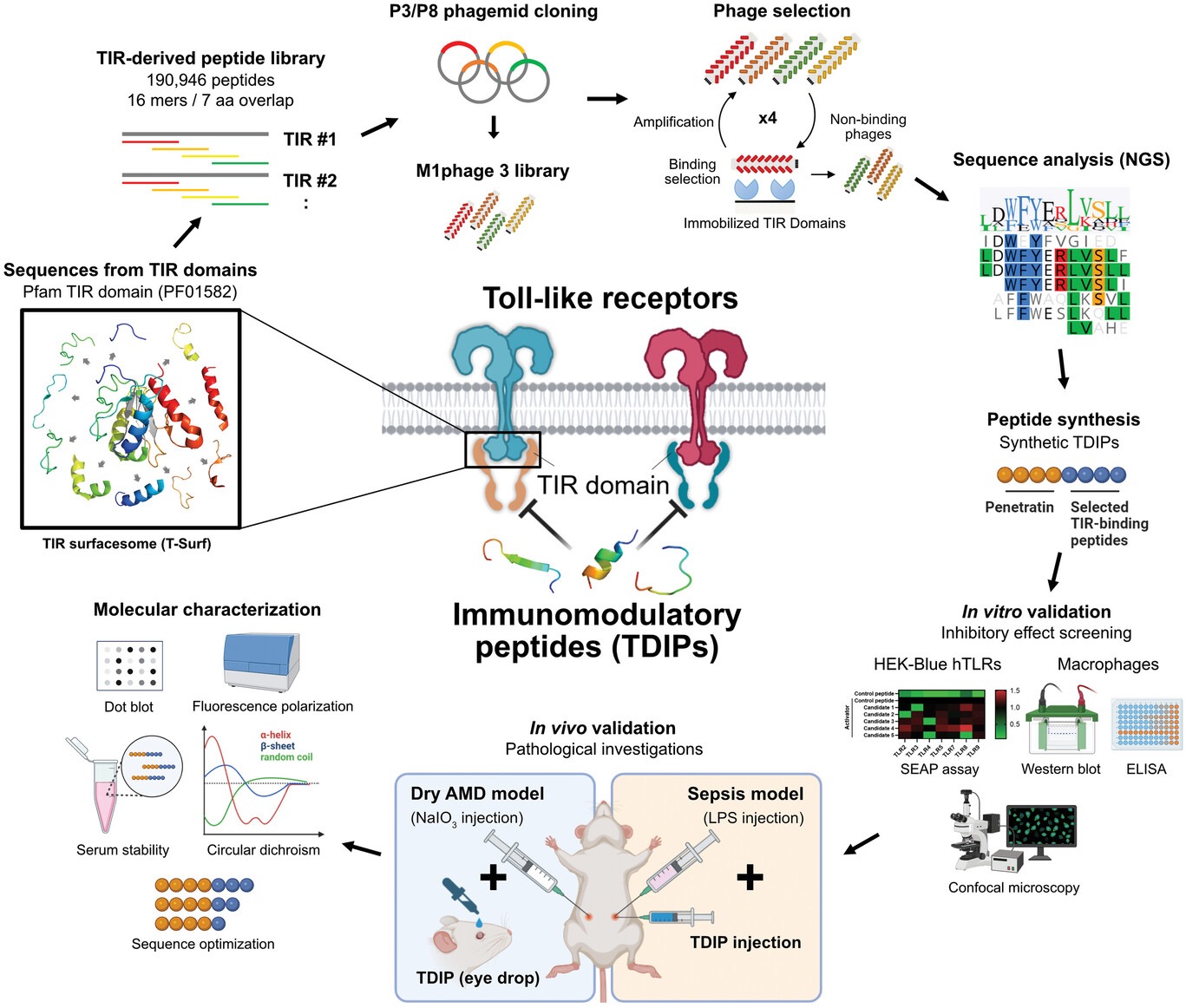
The mechanism of action of these novel peptides work by inhibiting TLR signaling pathways, effectively reducing the expression of complement factor 3 (C3) thereby suppressing inflammatory responses in retinal pigment epithelium cells. Clinical findings demonstrate TDIP eye drops significantly preserve retinal structure and function in mouse models of induced dry macular degeneration. Compared to existing treatments, topical TDIP offers a non-invasive and potentially more targeted approach to managing dry age-related macular degeneration (ARMD).
These potentially game-changing results suggest TDIP-based topical therapies could revolutionize our management of ARMD and other inflammatory retinal conditions, offering us a powerful new tool in our therapeutic arsenal.
- JRM
Go to the article in Advanced Science:
DON'T LET YOUR NOTES, PAPERS, & ARTICLES COLLECT DUST!
Let's Build & Publish Your CE/CME Asynchronous Course. No Fees.
- No Fees: Publish your course on our powerful platform.
- Income Stream: We do the work & you earn.
- Real Partnership: Real humans.
- Utilize Existing Materials: Notes, FAAO papers, articles collecting dust?
- Share Your Expertise: Teach others to help others.
- Global Audience: Reach eager learners worldwide.
- Advance Your Career: Contribute to ophthalmic medical education.
FREE PODCAST: VISION & NEUROLOGY CASEBOOK
25 Real-World Cases (55:54 Audio Only)
- The Conversation: Muscle, Nerve, or Brain?
- Differential Diagnosis in Neuro-Ophthalmic Disorders: Listen to the discussion concentrating on a systematic approach to diagnosing visual disturbances with potential neurological origins.
- Importance of Patient History and Targeted Examinations: The cases highlight the value of a detailed medical history and pertinent ophthalmic examination in guiding diagnostic and management decisions.
- This Is Primary Care: Thinking beyond the eye and understanding neurological sources for ocular symptoms. This includes ordering advanced diagnostics and collaborating with other medical specialists.
- The Art of Patient Management: Beyond clinical skills, emphasizing the importance of effective communication, empathy, and building a strong doctor-patient relationship.

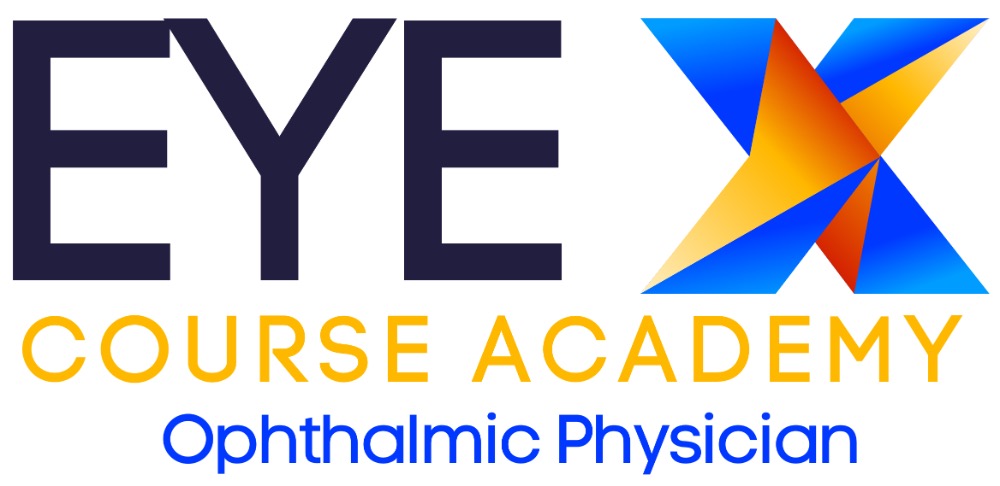

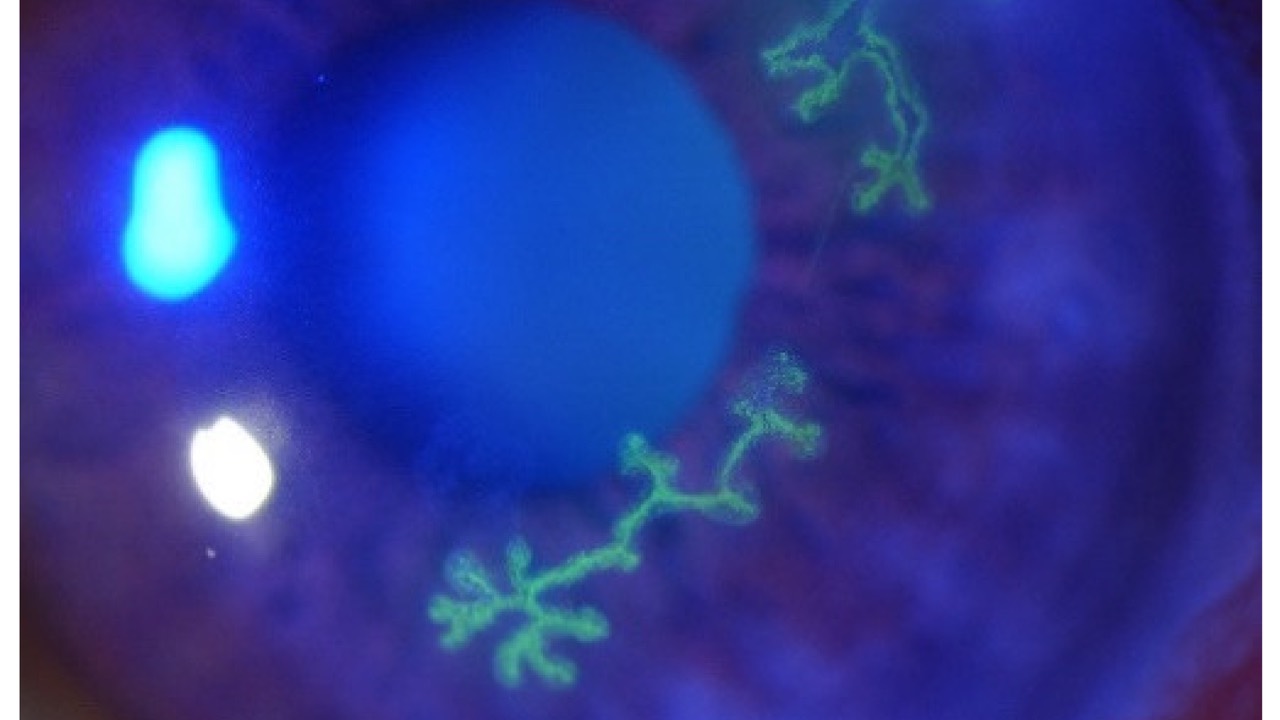
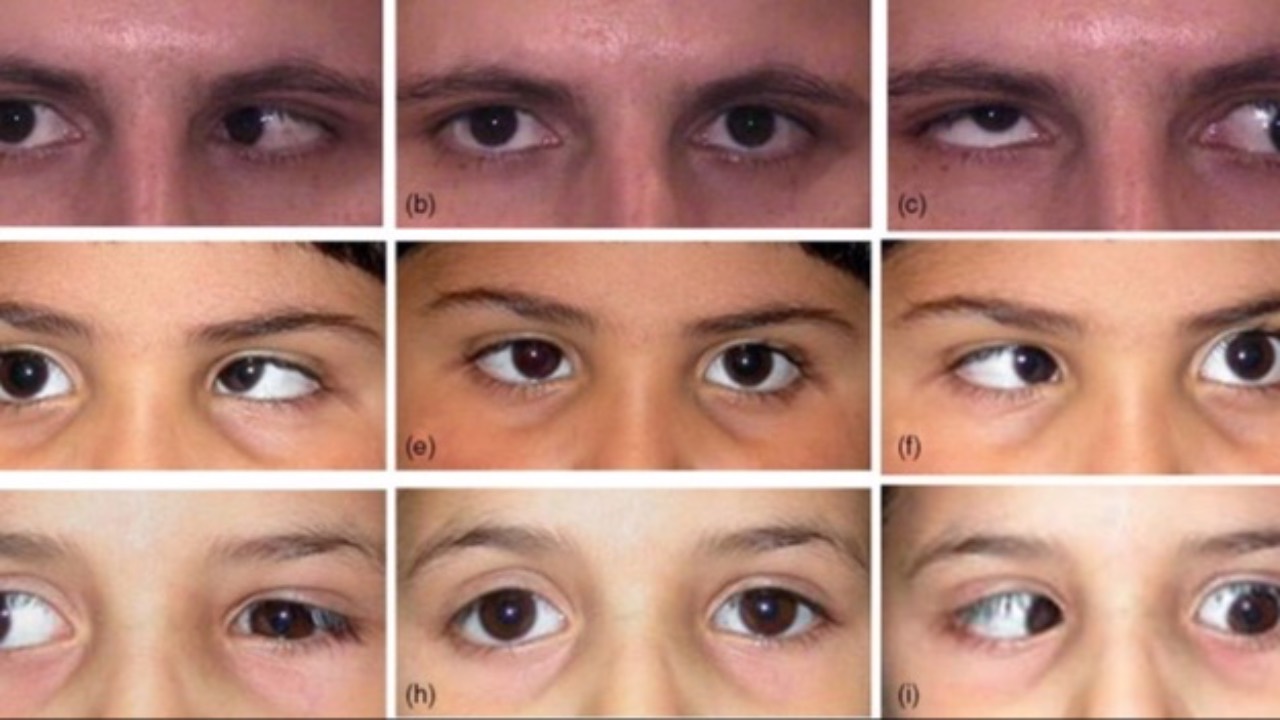
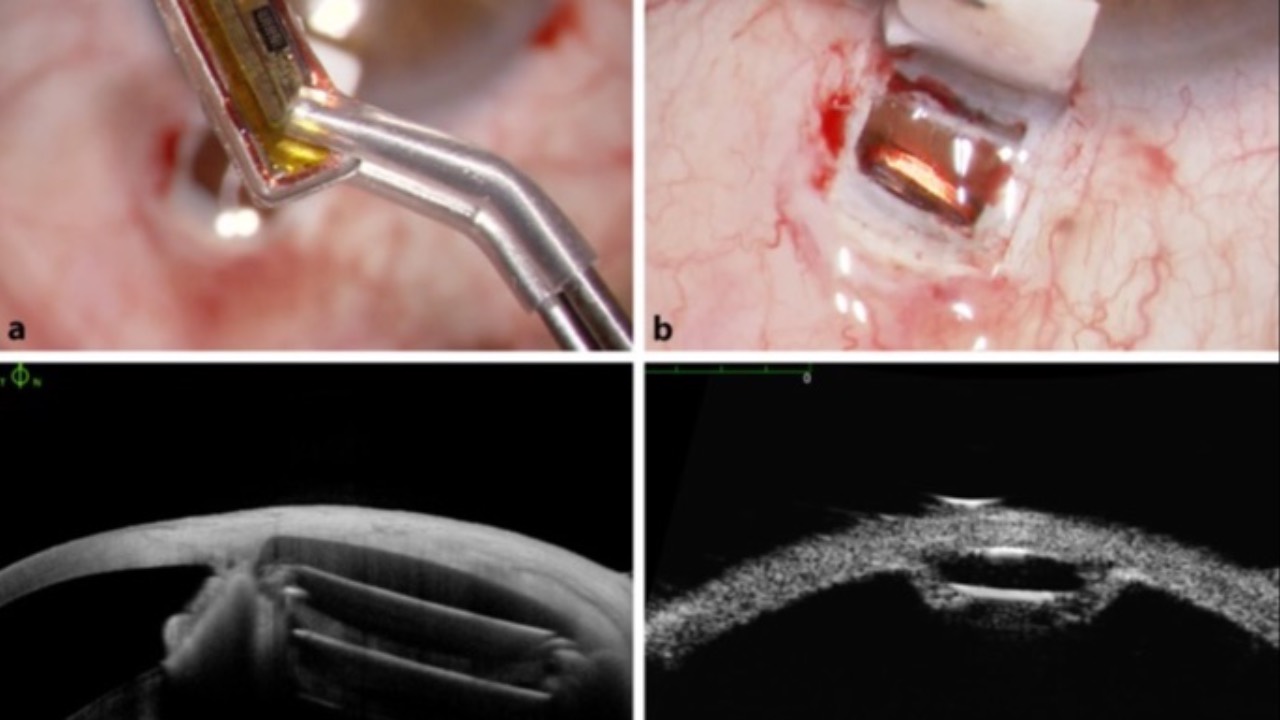
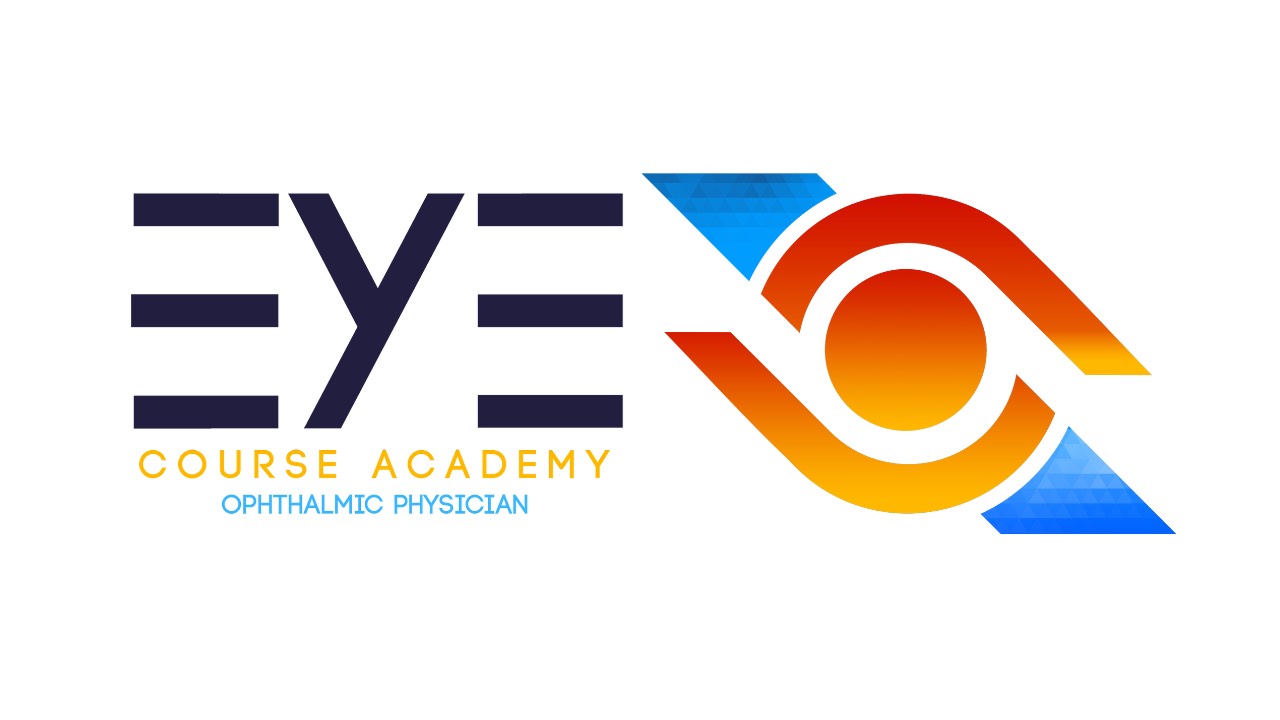
Responses